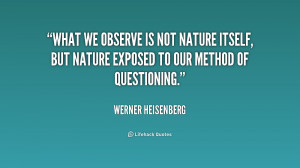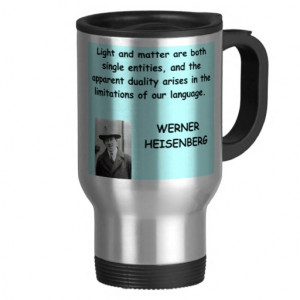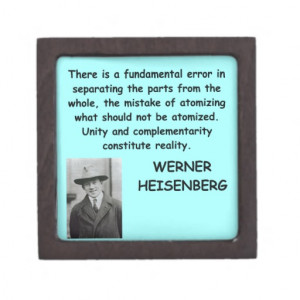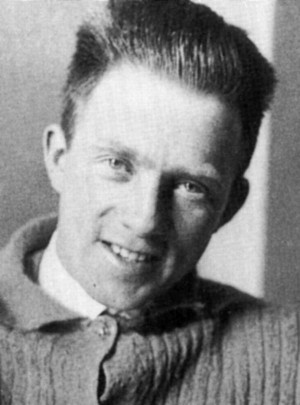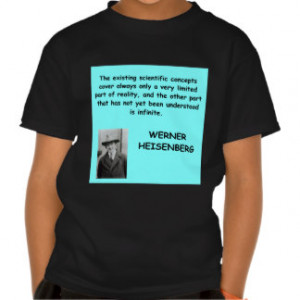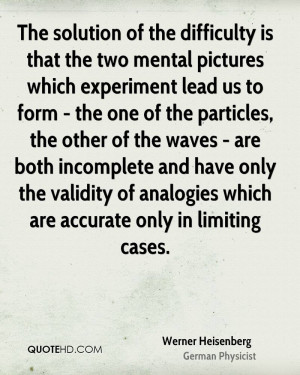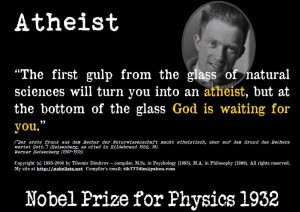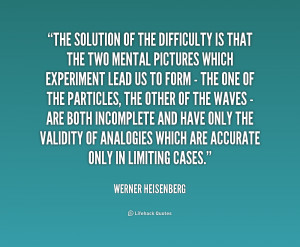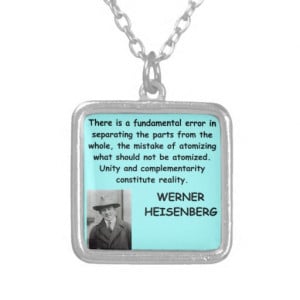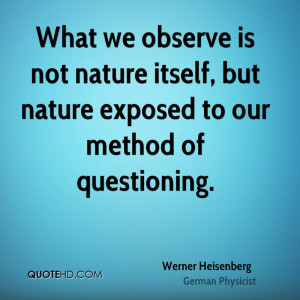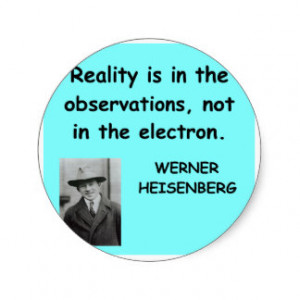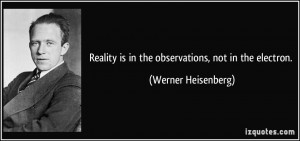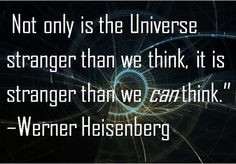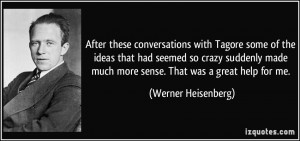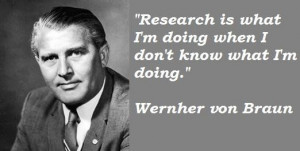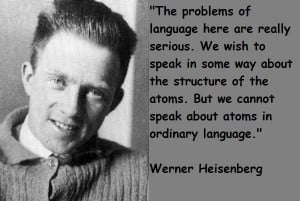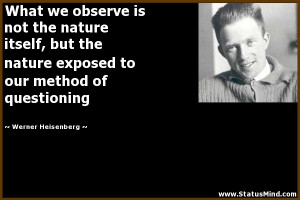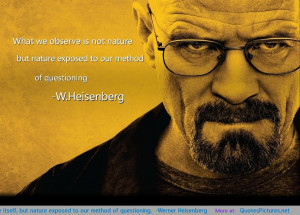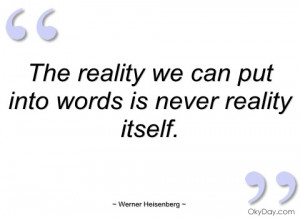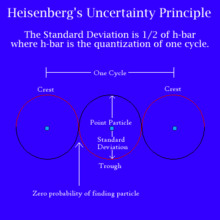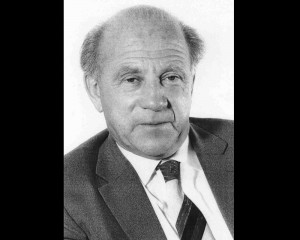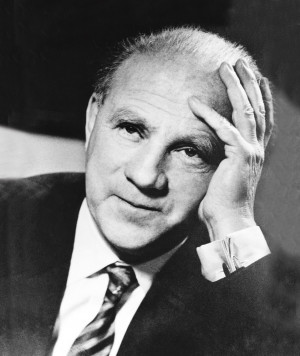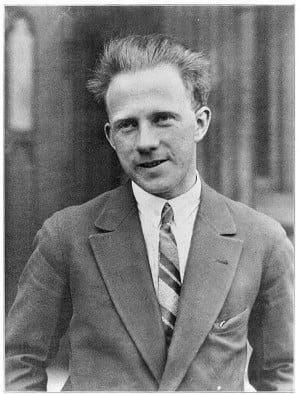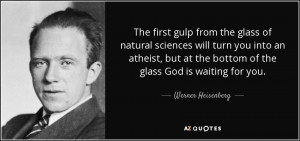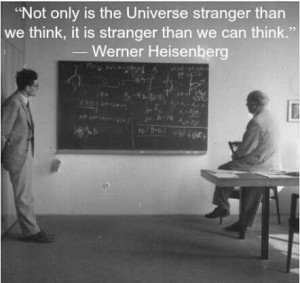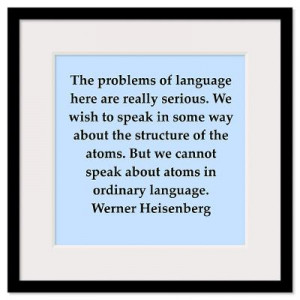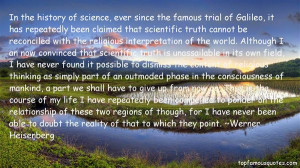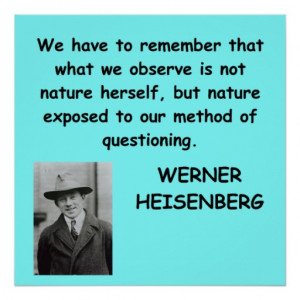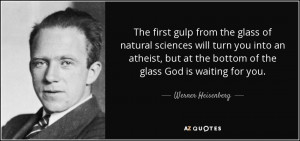Werner Heisenberg — German Physicist born on December 05, 1901, died on February 01, 1976
Werner Karl Heisenberg was a German theoretical physicist and one of the key pioneers of quantum mechanics. He published his work in 1925 in a breakthrough paper. In the subsequent series of papers with Max Born and Pascual Jordan, during the same year, this matrix formulation of quantum mechanics was substantially elaborated. In 1927 he published his uncertainty principle, upon which he built his philosophy and for which he is best known. Heisenberg was awarded the Nobel Prize in Physics for 1932 "for the creation of quantum mechanics". He also made important contributions to the theories of the hydrodynamics of turbulent flows, the atomic nucleus, ferromagnetism, cosmic rays, and subatomic particles, and he was instrumental in planning the first West German nuclear reactor at Karlsruhe, together with a research reactor in Munich, in 1957. Considerable controversy surrounds his work on atomic research during World War II... (wikipedia)



